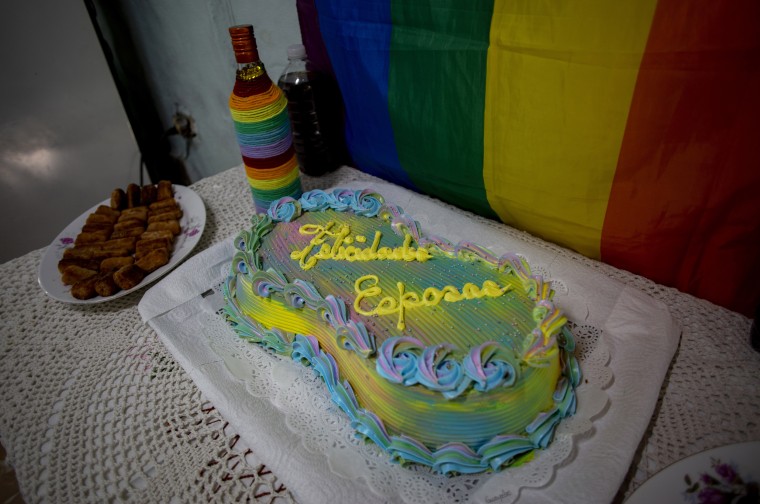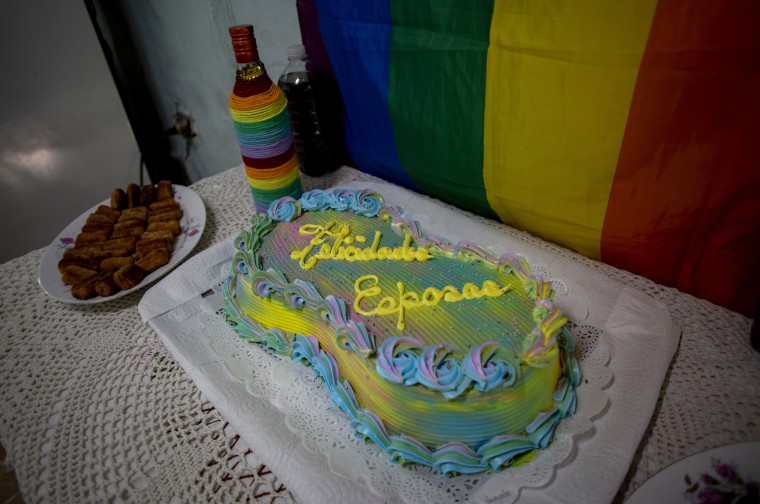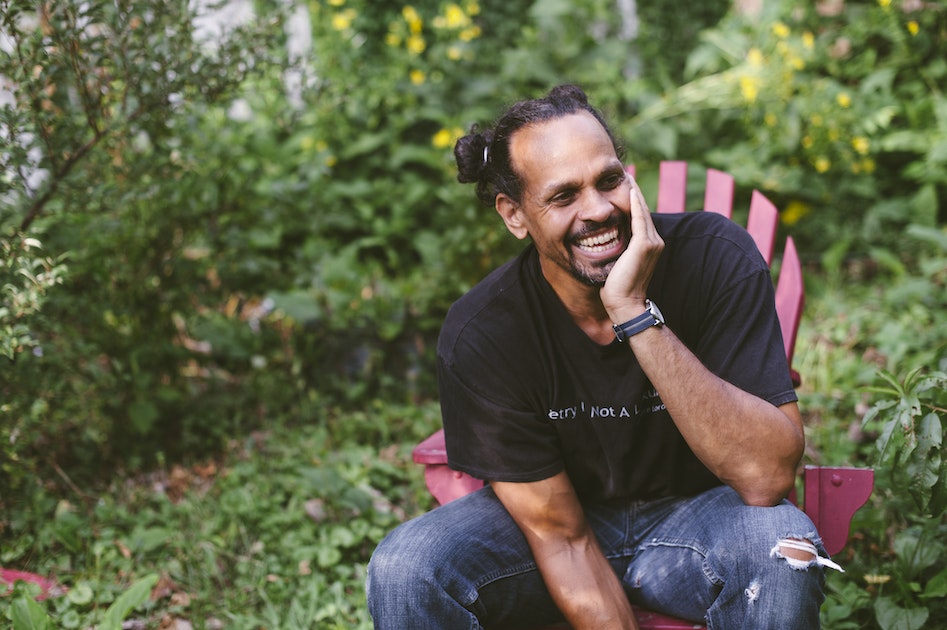The code was approved after heavy campaigning by the Cuban government, and support by the most vocal advocate for gay rights on the island, Mariela Castro, the daughter of former president Raul Castro.
It made Cuba the ninth country in Latin America — following Chile, Costa Rica, Ecuador and Colombia — to legalize gay marriage in recent years.
Cuban elections — in which no party other than the Communist is allowed — routinely produce victory margins of more than 90% — as did a referendum on a major constitutional reform in 2019.
Despite that, a third of the country, 33.15%, voted “no.” The text faced a large campaign against it from evangelical groups that reject gay marriage.
Meanwhile, 66.85% of the Cubans who came out, voted “yes.” Nearly 6% left blank or voided ballots.
The code also was rejected by some groups opposed to the government, which called for a “no” vote as a way of rejecting Cuban authorities amid rising discontent with the government of Miguel Díaz-Canel Bermúdez.
It was also opposed by some members of the LGBTQ community, which said they were abstaining to vote on something they considered to be a human right in the first place.
“Many people in the community were against voting “yes” because they don’t believe that they need some paper to tell them they have this on paper (to be recognized as a couple). I think we do need the right, that it protects us,” said Liusba.
Though she said she believes the island is still “a decade away” from becoming a “better and more inclusive” society.
The old Family Code, dating back to 1975, established that marriage was between a man and a woman — not between two people — which excluded lifelong partners from things inheriting the belongings of the other when one died.
Together, they live with their two daughters, 11-year-old Laura and three-year-old Ainhoa. The latter was born by insemination at home because at the time they had no access to assisted fertility treatments because they didn’t have male partners.

The new law goes further than equal marriage — which activists tried to include in the Constitution in 2019 without success — or the ability for gay couples to adopt or use surrogates.
The law regulates for the first time visitation rights of grandparents over grandchildren and communication with step parents in situations of divorces, and even custody of minors in latter when it’s necessary for the child’s welfare.
It also allows for separate property regimens for married couples, authorizes parents to choose the order of their children’s surnames, extends protections for the disabled and elderly, among other rights.
The women considered the marriage a way to also protect their children if something were to ever happen to them.
Ainhoa, also dressed in her best dress for the occasion, didn’t quite understand her mother’s marriage ceremony, but walked around introducing her Laura. “She is my sister,” she repeated.
“I’m happy for what the wedding means,” Laura added to The Associated Press very circumspectly, wiping tears away alongside her mothers.
But it came from strong opposition from evangelical churches, which alleged the law was against the “traditional family” established by God, that they claim is the union of a man and a woman meant to procreate. In some rural areas, the code appeared to receive less support.
While the country’s capital of Havana received 70% approval, and Villa Clara — home of Liusba and Lisset — received 66%, in southeastern Holguin it got 53%.
The pushback “indicates that we have to keep working in those areas and deepen and direct educational work,” said Francisco “Paquito” Rodriguez, a blogger and one of the first Cuban activists for the rights of the LGBTQ community.
Though he still called the new code a victory.








